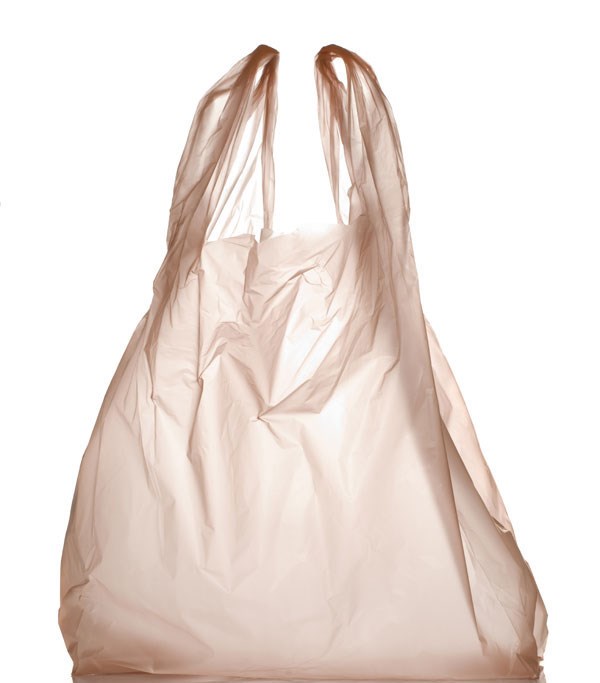Commercial distribution of thin plastics remains banned
Share

THE manufacture for use within Zimbabwe, commercial distribution, or importation
of plastic packaging with a wall thickness of less than 30 microns remains banned.
The ban follows the promulgation of Statutory Instrument 98 of 2010 (Plastic
Packaging and Plastic Bottles Regulations). Despite, the existence of these
regulations the Environmental Management Agency (EMA) has noted with concern
the recurrence of thin plastics particularly among informal traders, vendors and
some retail outlets.
The continued use of thin plastics is a threat to our environment because they are
non – degradable and therefore can persist in the environment for so long. Thin
plastics break down into tiny toxic particles that contaminate the soil and waterways
and enter the food chain where animals can accidentally ingest them. Human beings
also can be affected when drinking water from the contaminated waterways.
Thin plastics are not reusable, they easily break down and end up becoming an
eyesore along streets and open spaces. Manufacturers of plastic packaging, retailers
and wholesalers should put in place strategies to stop the commercial distribution of
thin plastics in line with Statutory Instrument 98 of 2010.
As plastics never completely disintegrate, they can block the drains and hamper the
smooth flow of water along storm drains and bridges. This has been found to cause
flooding in extreme rainy seasons. They do so by clumping with other waste material
and blocking the normal flow of water. Additionally, they block water, making it a
breeding ground for germs, bacteria, and mosquitoes, creating significant health risk
to the people living in the area.
Using plastic carrier bags, like many of our habits, stemmed from convenience. It is
now a culture we should collectively address starting at household and institutional
levels. However, as our use of plastic bags has grown, the environmental impacts
that come along have ballooned. Continuing to raise awareness of the environmental
challenges that single-use plastics pose and available alternatives will help to reduce
our dependence on this product.
Highlighting the benefits of efforts like use of a shopping bag and illustrating the
ease and convenience of bringing your own bag will help further combat this
growing ecological problem.
Plastics have integrated themselves flawlessly into our lives with the notion of
increased convenience. However, these seemingly forgettable and insignificant
products collectively have a disastrous impact, as we have seen. Again, globally we
consume over one trillion plastic bags each year – a worrisome number that calls for
collective mindset shift and action to curb plastic pollution. As we seek to reduce
waste in our lives and live a more sustainable lifestyle, we must be conscious of
products like the plastics.
These environmental tips are brought to you by the Environmental Management
Agency, Mashonaland West Province. For further information visit our Offices in all
the Districts of the province. You can also contact us on 08080028, like us on
Facebook page Environmental Management Agency or visit our website
www.ema.co.zw. We are ready to listen.









